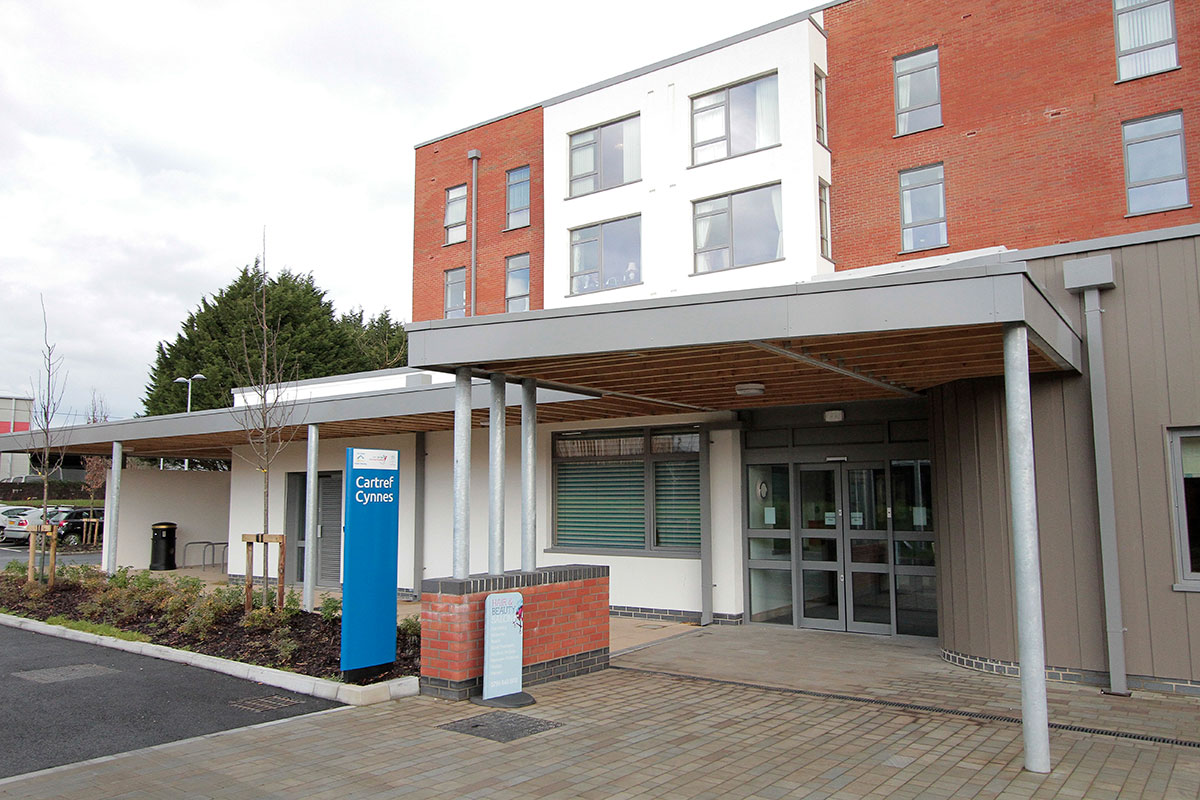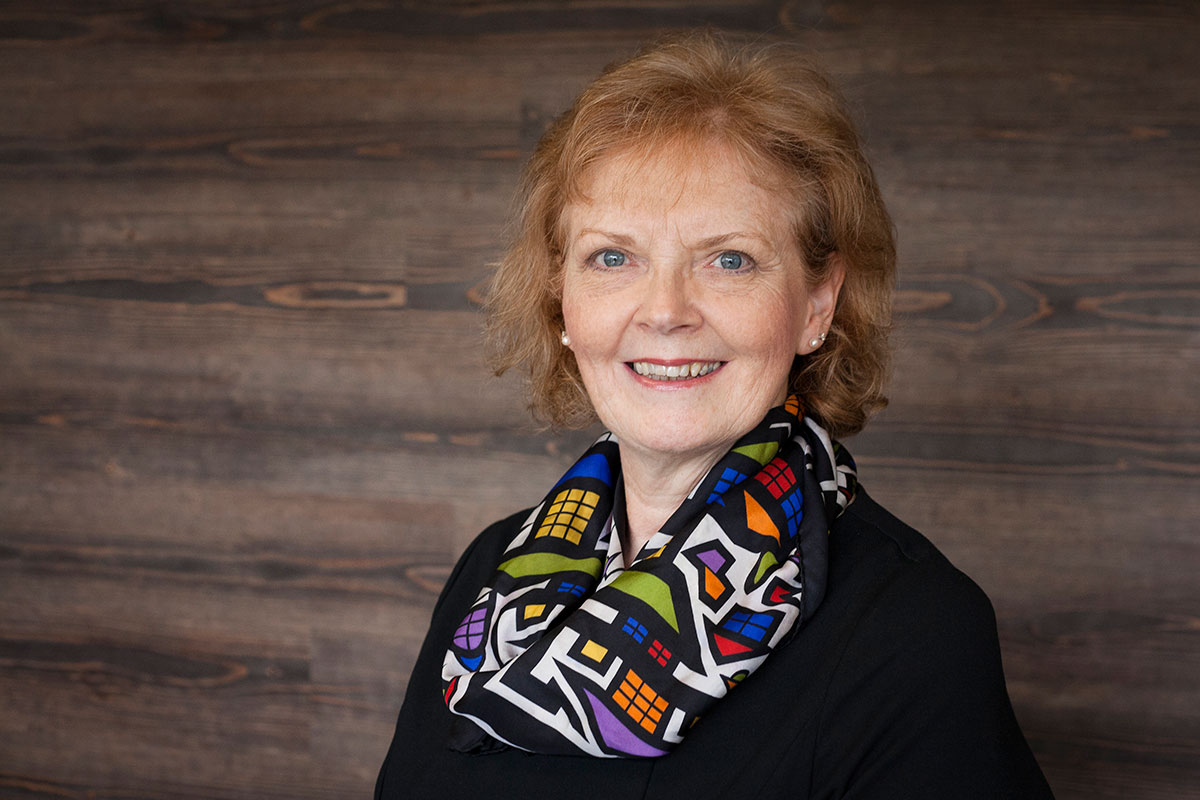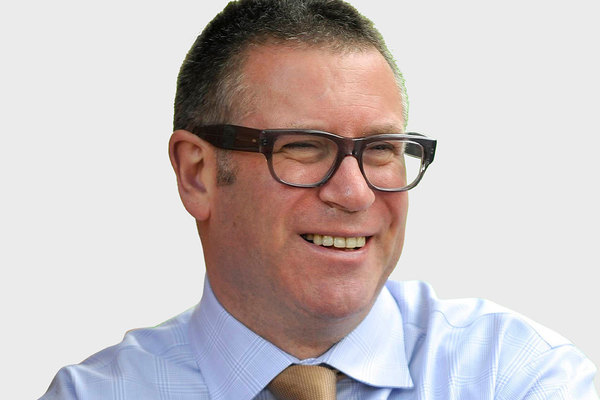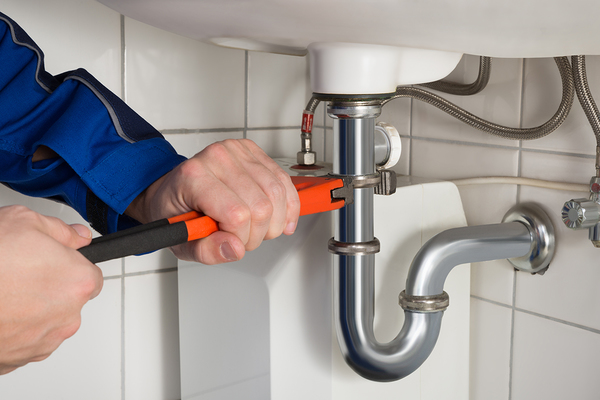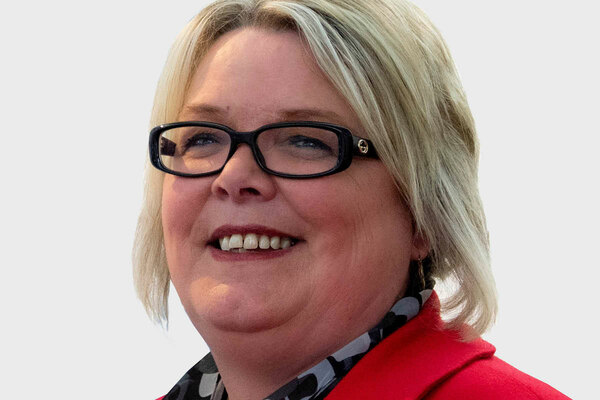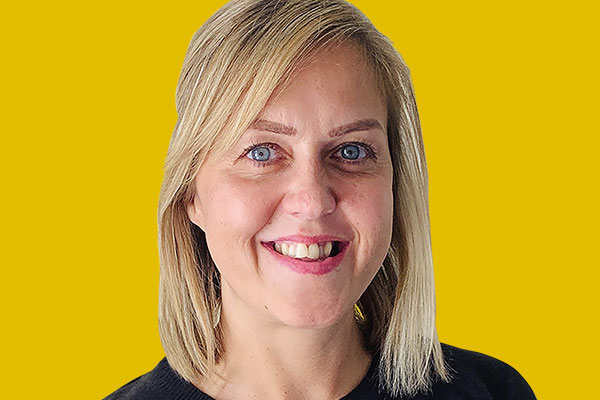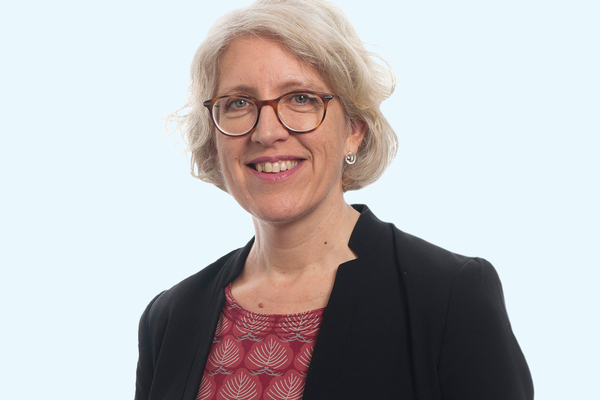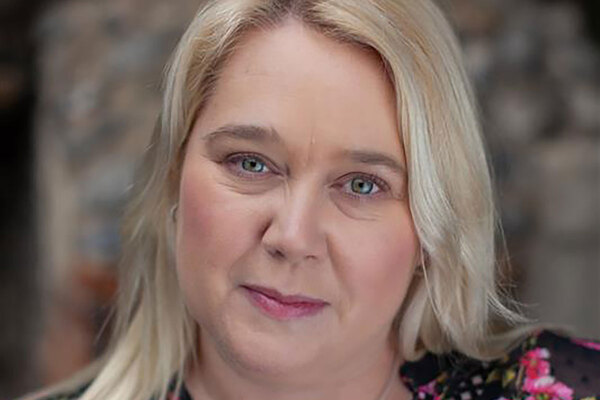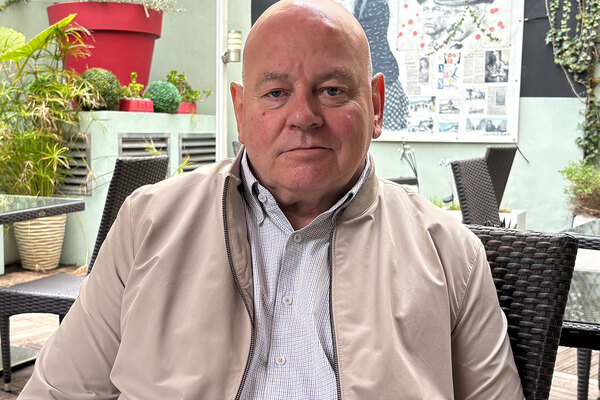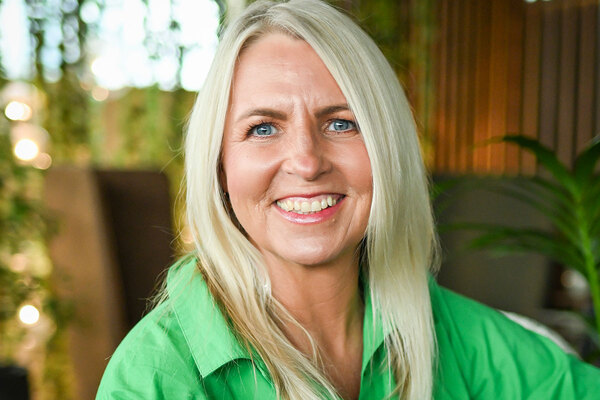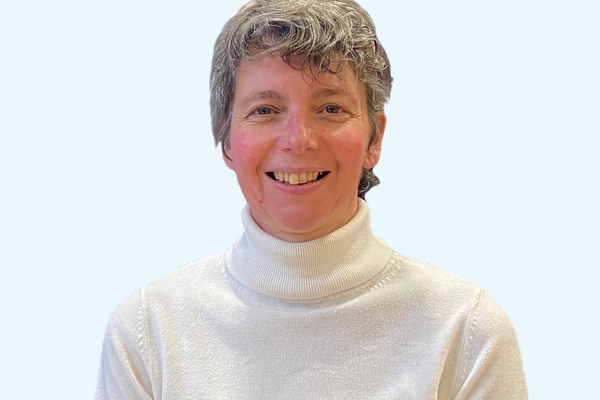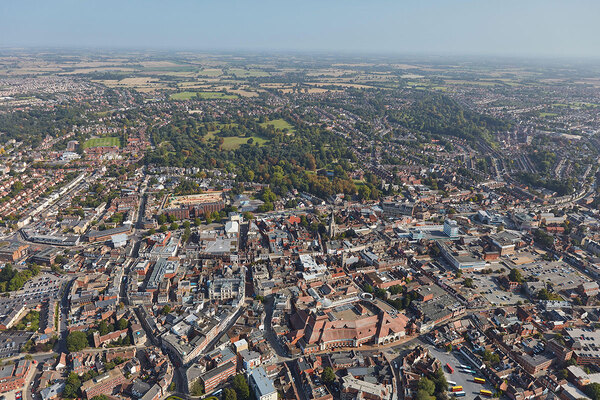‘One size doesn’t fit all for safety – we consider each resident’s needs individually’
Family Housing Association in South and West Wales is a community-based organisation with big values. Emma Morgan, our second Safer Homes Ambassador, explains how it keeps residents safe and healthy
In association with:

Tell us a bit about your residents.
Family Housing Association (FHA) was established in 1975 and now has nearly 3,000 homes integrated into communities across five local authority areas in South and West Wales.
While two-thirds of those properties are general social housing, the remaining 1,000 are extra care homes for people aged over 50 years old or for residents experiencing mental health issues.
Because of the wide range of needs that our residents have, safety has never been simply about fire drills, gas checks and home maintenance.
It’s also about a healthy community and well-being, such as working to resolve anti-social behaviour and having a relaxed pet policy – as we recognise that having a pet can improve mental health.
How has your team been managing the impact of COVID-19 and making sure residents are safe?
A number of years ago, we created a document that set out our values as a housing association and this has helped develop trust and transparency.
This has been really evident in recent weeks as we have adapted to support residents during the COVID-19 pandemic.
We have adapted all our services. Having closed our restaurants we are delivering hot meals to homes and are working with residents’ next of kin to make sure their relatives have everything they need, and we’re delivering groceries and prescriptions when relatives can’t.
We are regularly calling our older residents and those self-isolating or shielding for a check-in chat because loneliness is having a big impact on well-being and that has equal priority in our approach to safety.
As a result, we are continuing our gas safety checks and essential works as usual, ensuring our staff are working safely and following social distancing guidelines.
In the past few years, how have you taken a resident-centred approach to safety?
When we recruit staff, we look for people who share our attitudes and values and put residents and their safety at the heart of what they do.
To help this, we always have a resident on the interview panel, to ask the questions that are important to them and have a say in the people who provide a service in their homes.
We have also introduced a person-centred fire safety audit, which includes training all staff to be able to identify risks and to make residents aware of safety aspects in their homes so that they can help to reduce risks themselves.
We have developed a strong link with Mid and West Wales Fire and Rescue Service (MAWWF), which provides home visits for new residents. This means we always start from a position of trust and reassurance with each resident.
As the organisation houses residents with a wide variety of needs, we take the approach that one size doesn’t fit all when it comes to safety – we consider each individual resident’s needs and tailor it to them.
Are there specific safety issues that Family Housing Association is tackling?
Yes, cases of hoarding seem to have increased for our housing officers.
When a resident hoards it not only makes it difficult to maintain the home and to gain access because the resident might not want to let us in, but it’s also a fire risk for that home and those around.
Last year, we reviewed our approach and worked with an expert and MAWWF to offer high support and clear communication about the risks of hoarding and residents’ responsibilities.
Prior to this, we had taken legal action on two residents for a failure to clear their homes, however since the review we have better supported people with hoarding tendencies and helped them to develop the tools to clear the property themselves.
It’s been successful because we’ve avoided enforcement action, which is not only distressing for the resident and costly for the housing association, but also doesn’t provide a long-term solution to tendencies that might reappear, whereas our new approach builds a healthier and safer way of living for the future.
What role does the resident-led scrutiny panel play?
Good communication is vital and the scrutiny group, established in 2015 and chaired by our resident Jo Ashford, has undertaken a project to review all letters and leaflets sent to residents and our website content to ensure the tone is friendly, and the information is in plain English or Welsh, without using jargon.
Jo has attended training to learn how to make our media content easier to understand, particularly for those with accessibility issues such as autism or eyesight problems.
Digital media can be a challenge for some, so we make a real effort to ensure our website and app are user friendly, and we offer ‘digital champion’ courses to residents to help them.
In recent weeks, many residents have started using video calling and texting more to communicate with relatives who they’re unable to see at present.
I think this will have a positive lasting effect for our resident engagement and the scrutiny panel – at the moment we have six members, two of whom attend meetings remotely.
We will use this as an opportunity to make getting involved more accessible as a growing confidence in technology will allow more people to virtually engage with FHA.
What is your programme for safety issues this year?
In the past year we have also run a safety campaign to improve fire door safety across all FHA properties.
We now have a fully qualified in-house team of two surveyors who evaluate the repairs that need to be actioned to avoid fire risk and two staff members dedicated to carrying out the repairs and fire door replacements.
As well as providing a more resident-centred approach, it’s better value for money; our estimated expenditure for this project for 2020-21 is £130,000 and we’ve managed to save around £100 on each door replacement by not using a contracted team.
Another benefit of having an in-house team is that we can provide a quicker response to safety issues and it’s been easier to gain access to homes because residents recognise the staff.
We have also regularly updated residents about the work being planned and completed, and reminded them of the importance of closing doors and reporting any doors that are not closing properly.
The campaign has been a great success and it is something we’re proud of.
Inside Housing’s Resident Safety Campaign with Aico is working with 12 Ambassadors to uncover outstanding examples of social landlords engaging with residents to raise awareness of safety issues.
